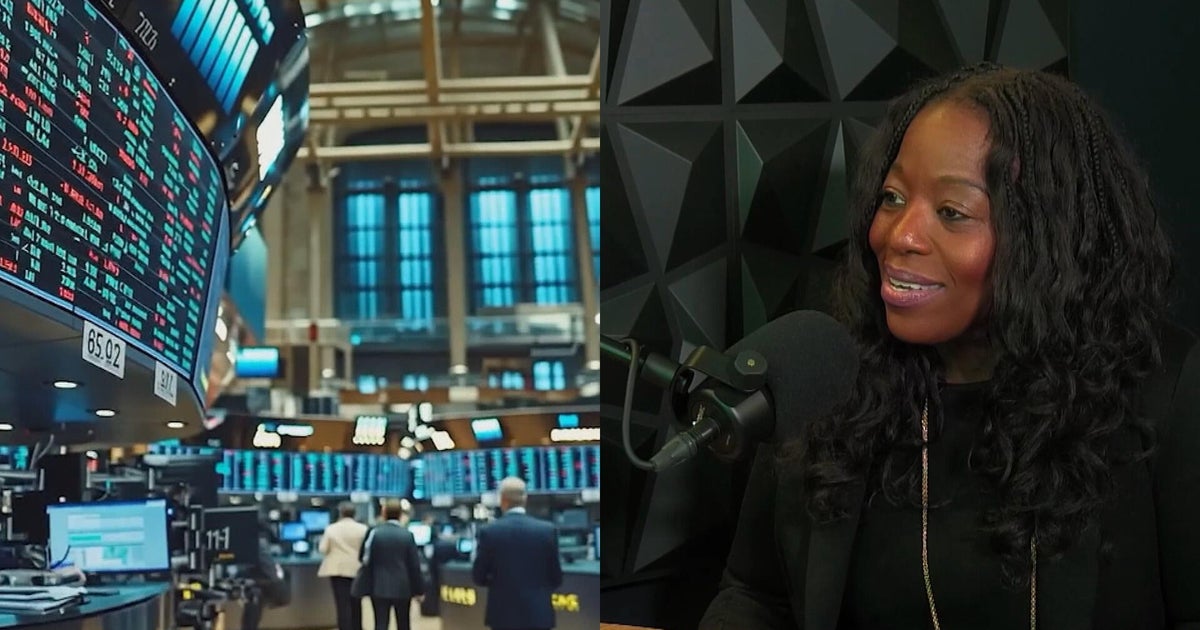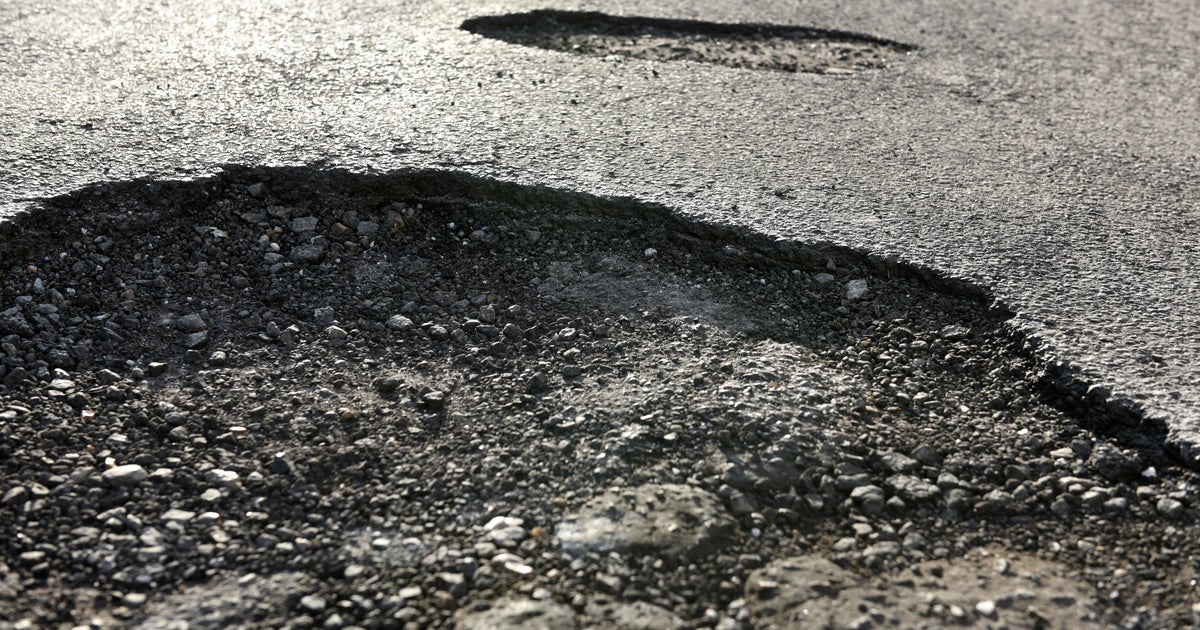As tariffs soar, retailers wrestle with raising prices
- The U.S. collected a record $7 billion in tariffs in September.
- A round of U.S. tariffs on Chinese imports, including many consumer goods, began on September 1.
- Some retailers say they have no choice but to pass on part of those costs to consumers.
Shipments of parkas sold by boutique outerwear maker Fera were in the middle of the Pacific ocean this past summer when President Donald Trump tweeted he was raising tariffs on goods coming in from China this fall.
For Eric Tung, president of the Torrence, California-based business founded by his mother four decades ago, that meant a decision: Would the company raise prices on its parkas and ski pants for consumers ahead of the crucial holiday season, or swallow the cost instead?
"The product is already in the water, and stores were already kind of geared up and waiting, and I said, 'You're going to have to change the price,' " Tung recalled to CBS MoneyWatch. "That's not capturing the full impact on us with the tariffs. But we figured, you know, we don't really have much of an option."
Tung says Fera's parkas, which range from $300 to $600, now cost $20 more than the planned retail price, while its ski pants cost an additional $10. Fera, which sells its gear through retailers and online, will absorb the rest by cutting costs elsewhere. Changing suppliers on complex garments like a ski jacket is hard to do quickly because it can take years to develop relationships with speciality manufacturers, now mostly based in China, Tung said.
Tariffs collected by the U.S. topped $7 billion in September, according to an analysis based on government figures and calculated by consulting firm Trade Partnership. The data were released this week by Tariffs Hurt the Heartland, a coalition of companies organized to oppose the trade taxes imposed by the Trump administration starting in 2018.
Tariff revenue is up almost 60% from a year ago, the analysis shows. Some $905 million in tariffs were collected in September alone, according to the figures. All of them are paid by the companies in America that receive the shipments from abroad, not by China, as Mr. Trump has claimed.
"This is really the first time we're seeing a wide swath of consumer goods that have been hit," Dan Anthony, vice president of the Trade Partnership, told CBS MoneyWatch. Earlier tariffs imposed in 2018 and into 2019 hit bigger items, like washing machines and furniture, along with the manufacturing sector, which experts note officially entered a recession last month.
The 15% tariffs that took effect in September, with another round scheduled for December 15, apply to a wide swath of consumer goods, including Fera's parkas. China and the U.S. may roll back some tariffs if they are able to reach an agreement on a "phase one" trade deal, a spokesman from China's commerce ministry said Thursday. But U.S. trade representatives have tamped down expectations of an imminent pact.
American companies like Fera and their customers are caught between sides. "We don't really have much of an option other than to continue to source from China because of the type of products we make and the volume that we produce," Tung said. Fera is trying to "make it a more digestible transition" for retailers and for customers that "isn't too disruptive" for consumers, he added.
It's not just small retailers that are starting to raise some prices, said Jennifer Safavian, an executive vice president of government affairs for the Retail Industry Leaders Association, whose members include Home Depot, Target, Walmart and The Gap. Even with a potential U.S.-China deal seemingly on the horizon, it's hard to plan, she said.
Some retailers are adjusting by spreading small price increases out over a range of products to make up for a large increase on a particular tariffed item, Safavian said.
"They're doing everything they can right now to shield consumers from price increases. But they can't do that forever, and I think that's the bottom line," Safavian said.
Morgan Harris, founder and owner of Oklahoma City baby-product store Green Bambino, also said she's had to raise some prices. When a wholesale retailer hikes the manufacturer's suggested retail price, Harris has to do that, too.
But in some cases, wholesalers aren't raising the suggested price. Take a muslin baby swaddle blanket that retails for $17.99, "a good price" for consumers, Harris said. She now has to pay the wholesaler 30% more because of a combination of tariffs and higher cotton prices.
"In baby products, we operate on thinner margins than something like a gift or clothing boutique. Our wholesale prices go up, but the consumer price doesn't go up," Harris said. That makes it harder for to pay rent, bills and salaries for her seven full and part-time employees.
"But secondly, it artificially insulates the consumer from trade policies that really are directly affecting them," Harris said. "If people don't see their prices go up, they don't know there's an impact."



